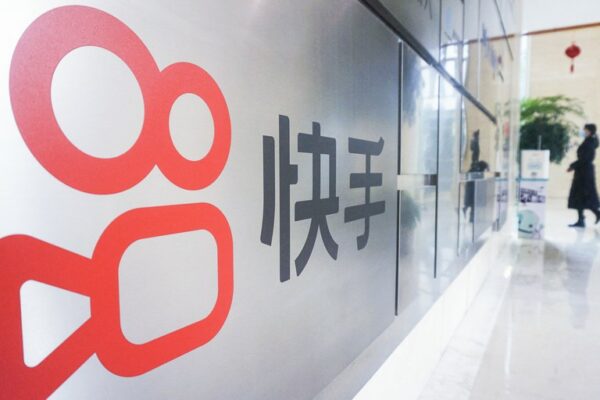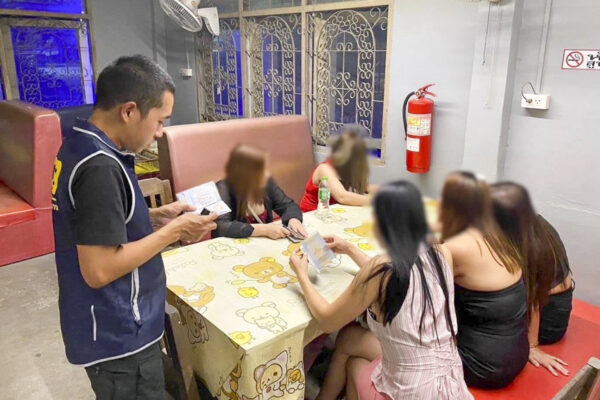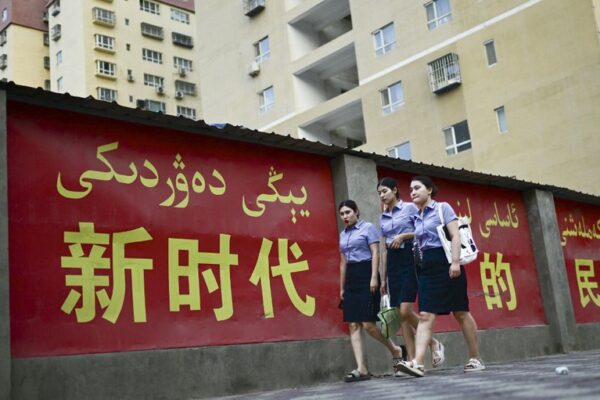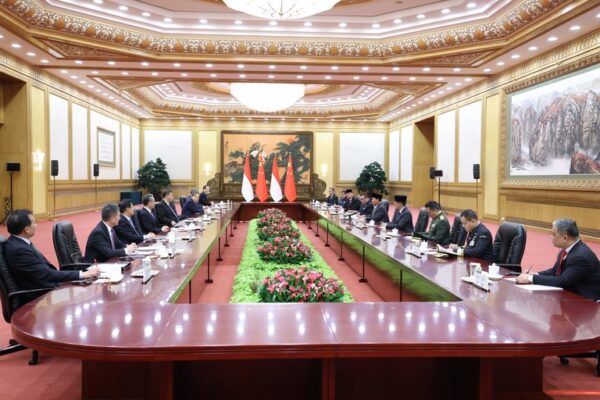
Lao coffee growers feel pinch of worker shortage, high inflation
As the coffee bean harvesting season begins, plantation owners in southern Laos face a shortage of laborers because of low wages and high inflation in the small, landlocked Southeast Asia country, said people who work in the industry. Workers on plantations in Champassak province’s Paksong district are shunning jobs that pay just US$10-13 a day, based on the weight of coffee beans they pick, and instead heading for better paying work in neighboring Thailand. Others have sought jobs on cassava farms, where the pay is slightly better, a coffee farm worker told Radio Free Asia on Tuesday. Coffee growers in the district usually need 400-600 workers to harvest the beans, a plantation owner in the district said. Coffee beans are the main cash crop for many small-scale farmers in Laos and the country’s third-largest agricultural export product. Lao coffee is exported to more than 26 countries in Asia, Europe and North America, according to the International Trade Centre in Geneva, Switzerland. Most coffee farms in Laos are located in Champassak, Sekong and Salavan provinces on the Bolaven Plateau, known as the country’s coffee heartland. Sitting atop an ancient volcano, the plateau’s nutrient-rich soil and cool climate are conducive to growing coffee trees. Other coffee-growing areas are in Houaphanh and Xieng Khouang provinces in the north. A view of a coffee plantation in Paksong district of southern Laos’ Champasak province in September 2018. (RFA) But the country’s current high inflation rate, which stood at nearly 25% in March, is driving laborers to jobs that pay better wages, people involved in the industry said. “Many laborers like to seek higher-paid jobs in Thailand as they get paid low working in the country,” the coffee plantation employee said. Like others in this report, he insisted on not being identified for fear of getting in trouble. “Therefore, we are facing a shortage of labor now, and inflation is the main factor causing this problem.” Desperate for workers The coffee farm owner in Paksong said the labor shortage in the industry is nothing new and that inflation has been a key factor. “If they work for us, they earn around US$100-150 per month, but they can earn around US$350 per month if they work in Thailand,” he said. To cope with the current labor shortage, some coffee farm owners have raised wages to attract more laborers, which means higher fixed costs. The coffee farm owner said he has had to double wages to US$15-20 a day to get workers to pick the beans. “If we do not provide this rate, they will not work for us,” he said. “Some laborers just come to work for the coffee harvesting season, but go back to Thailand once [it] ends.” A woman works in the rain on a coffee plantation on the Bolaven plateau in southern Laos, Sept. 2, 2003. (Karl Malakunas/AFP) The labor shortage in Laos’ coffee industry began in 2020 with the COVID-19 pandemic, according to a Champassak province official with knowledge of the situation, who declined to be named because he is not authorized to speak to the media. There were over 218,00 confirmed cases of the highly contagious respiratory infection in Laos, and nearly 760 recorded deaths, according to the Johns Hopkins Coronavirus Resource Center, which stopped collecting data in March 2023. A coffee growers association has contacted the provincial Department of Labor and Social Welfare for help in finding seasonal laborers for the past three years, the official said. “We tried to help coffee farm operators in the province to find laborers to meet their needs, but very few people are interested in working in this kind of job,” he said. Thongphat Vongmany, deputy minister of agriculture and forestry, said in February that Laos’ agricultural exports totaled US$1.44 billion in 2023, but he did not give a separate breakdown for coffee exports. Agriculture Minister Phet Phomphiphak, however, told the country’s National Assembly in December 2023 that Laos’ coffee exports during the first nine months of 2023 totaled US$64 million. Translated by Phouvong for RFA Laos. Edited by Roseanne Gerin and Malcolm Foster.







